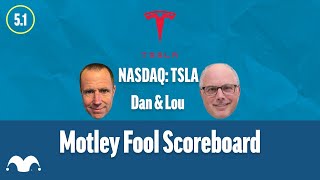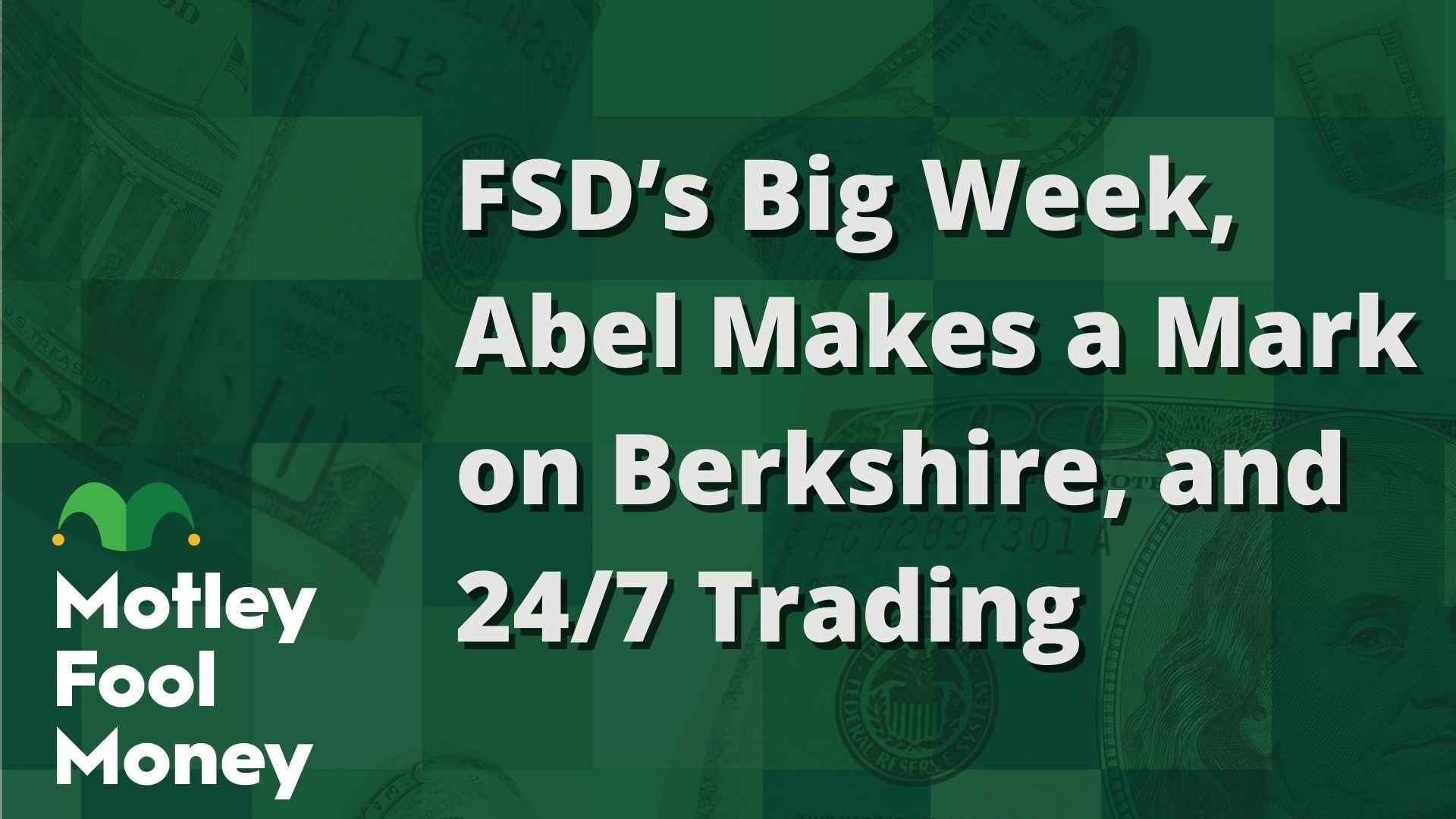It's not a stretch to say that Tesla (TSLA 2.17%) has already changed lives, at least for early investors. Over the past decade, its stock has soared more than 1,700%, turning relatively modest investments into life-changing wealth. Those who bought in early and held on through the wild volatility have been handsomely rewarded.
But can Tesla stock do the same today? The company has plenty of ambition to develop new products and services and continues to innovate, but the chances of the stock repeating its past gains are slim. Here's why.

Image source: Tesla.
1. There are questions about management
It's no secret that some people question whether CEO Elon Musk is fully committed to running Tesla. After his stint at the Department of Government Efficiency, which was a huge distraction, Musk has said that he'll refocus his attention on his car company.

NASDAQ: TSLA
Key Data Points
But he has also said that he wants to start a new political party and splits his time and energy among X (formerly Twitter), SpaceX, and other ventures. The question of Musk's commitment to managing the EV company comes on top of the departure of some key leaders from its manufacturing, battery engineering, robotics, and supercharging departments. All of which have cast doubt on Tesla's ability to grow as it once did.
It needs focused management now more than ever amid the company's bruised brand and falling vehicle sales. Otherwise, it likely won't be able to deliver on some of its most ambitious plans.
2. Its EV sales are falling
Much of Tesla's previous share price gains came from carving out an early lead in the EV market. Even when it missed goals or production issues surfaced, it was still able to outproduce and outsell competitors.
But that's not necessarily the case anymore. Tesla faces increasing global competition, especially in China, and it no longer enjoys some of the EV dominance it once had. The company's auto revenue fell 16% in the second quarter to $16.7 billion, and its vehicle deliveries dropped by 14% to 384,000.
In response, Musk said: "We probably could have a few rough quarters. I'm not saying that we will, but we could."
With Tesla being an established EV maker, investors expect increasing deliveries and rising sales. Without them, the stock returns could be modest.
3. EVs are entering an uncertain era
I believe EVs are the future of automotive transportation (so much so that I've owned shares of Rivian for a few years now), but I also see the writing on the wall that they are entering a difficult time.
Congress recently scrapped federal tax incentives for EVs, which will dry up in September, and the Trump administration has been in a legal battle with some states over $5 billion worth of EV charging infrastructure funds. The federal government's moves away from the industry are likely to slow down EV adoption rates.
And then there's the cost of EVs. The average transaction price for a new Tesla is about $55,000 -- 12% more than the average gasoline-powered vehicle. With interest rates still elevated, those higher costs can add up quickly and become a deterrent to buyers.
Many potential buyers view the lack of charging infrastructure as a hurdle. While EVs may be the future, their high cost and the slowdown in federal investments could mean that the promised future may take longer to arrive than originally expected.
4. Tesla's new growth drivers aren't here yet
Musk says that Tesla's future lies in robotics and autonomous vehicles, but those markets are many years away from maturity. Sure, it is making progress. The company has said it will produce 5,000 Optimus robots this year and is aiming for 50,000 by the end of next year.
And Tesla recently launched a robotaxi service in Austin, Texas, that helps move the company toward its goals in self-driving vehicles.
There are potentially significant upsides to these markets. The global robotaxi business will be worth an estimated $1.4 trillion by 2040, according to analysts at William Blair, and Morgan Stanley estimates the humanoid robot industry could be worth a projected $5 trillion by 2050.
But recent reports indicate it may be far behind on that goal to produce 5,000 robots this year, and while autonomous vehicles have lots of promise, it's still unknown how much the company will succeed against rivals, including Alphabet's Waymo. In short, Tesla has big ambitions, but it has yet to fully transition to its second act.
All of the above should give you a glimpse of the company's internal and external challenges right now. Uncertain EV demand, somewhat distracted management, and questions about how successful the company will be in new markets like robotics and autonomous vehicles are hardly a recipe for Tesla's stock success.
That doesn't mean the company won't overcome these issues or continue growing, but with so many unknowns and some significant problems to address, it's unlikely that Tesla stock will set you up for life at this point.









